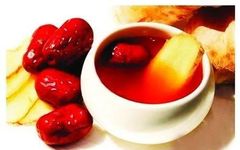
We all know that supplementing Qi, nourishing blood, and enriching Yin all have their principles.
Specifically: to supplement Qi, one must regulate Qi to avoid excessive heat; to nourish blood, one must activate blood to prevent stagnation; to enrich Yin, one must eliminate dampness to avoid excessive greasiness.
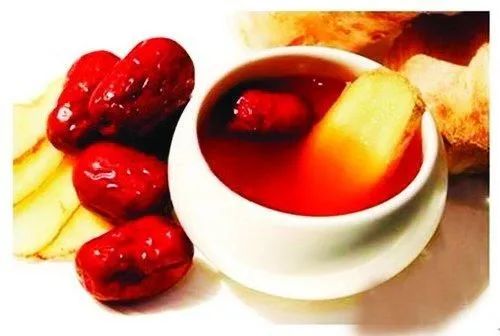
First, why is it necessary to regulate Qi while supplementing it?
Many people with Qi deficiency have a slow circulation of Qi and blood.
If a large amount of Qi tonics are used, and the Qi cannot circulate smoothly, it can easily lead to Qi stagnation and Qi depression, where excess Qi can turn into heat, resulting in symptoms of excessive heat.
Therefore, for long-term Qi deficiency, one should not solely rely on Qi tonics; it is essential to add some Qi-regulating herbs as well.
This is akin to assigning a traffic officer to every road, which helps prevent traffic congestion even with a high volume of vehicles.
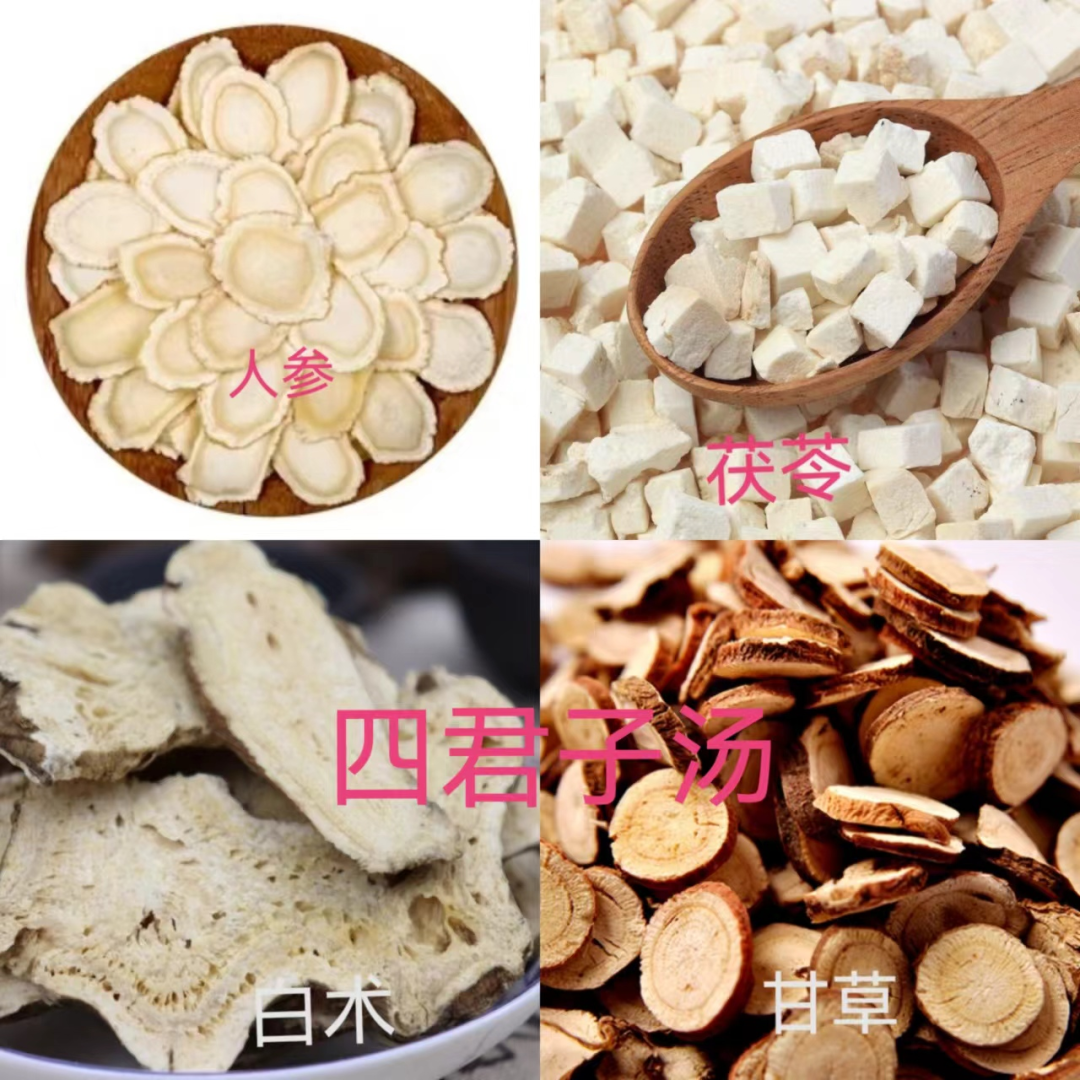
Why must blood nourishment be accompanied by blood activation?
For individuals with blood deficiency, blindly supplementing blood can easily lead to blood stasis.
This is because blood tonics are generally Yin tonics and static medicines, which do not promote movement.
Consider that Qi and blood are interrelated; Qi plays a leading role due to its driving force.
It is precisely because of the driving force of Qi that blood can move, achieving the effect of nourishment without stagnation.
For example, the commonly used blood tonic formula, Si Wu Tang (Four Substance Decoction), is designed with this principle in mind.
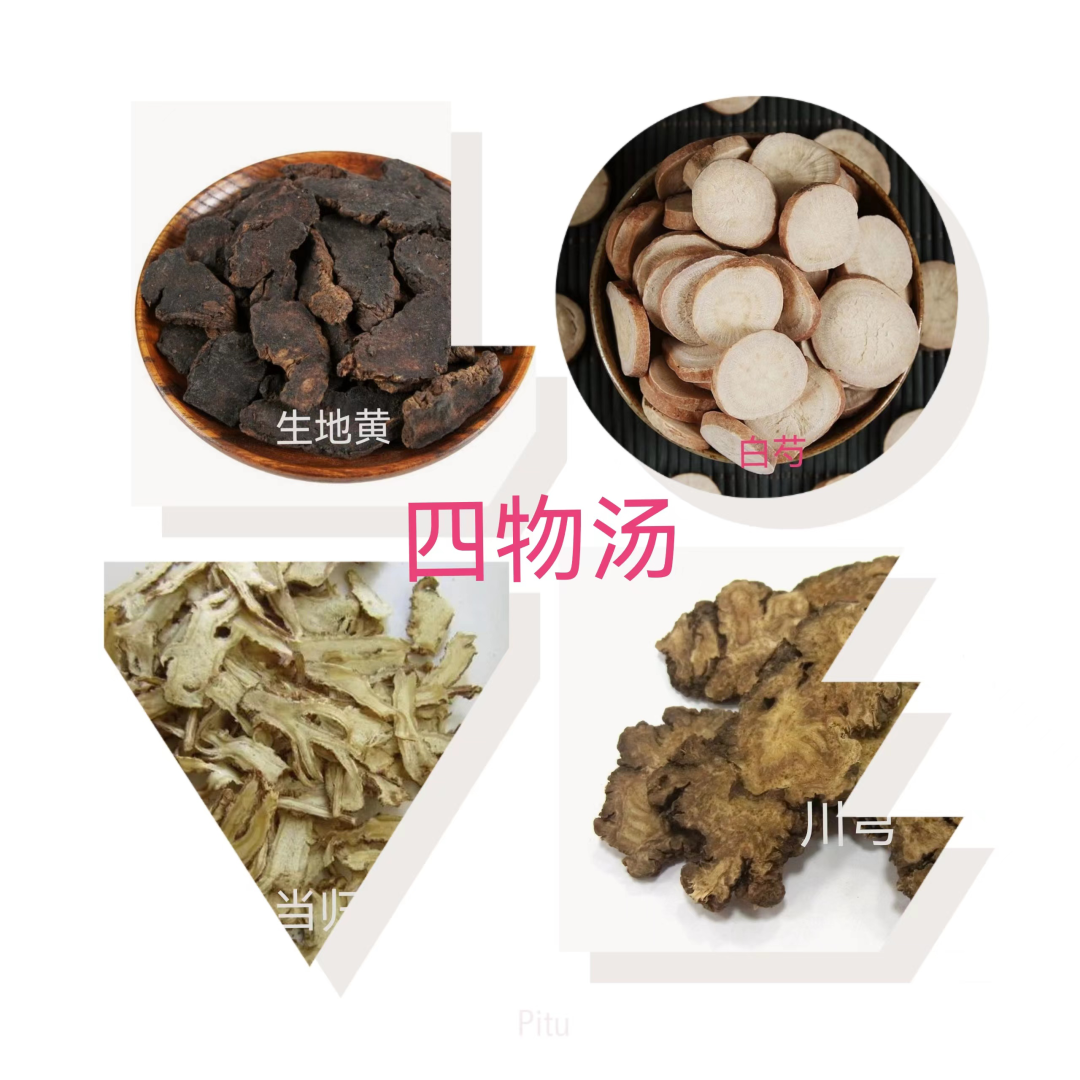
The third principle is that to enrich Yin, one must eliminate dampness to avoid excessive greasiness.
We know that enriching Yin must involve strengthening the spleen and eliminating dampness, while Yin tonics are often quite rich and sticky, typically containing mucilage.
If the spleen and stomach are not functioning well and dampness is excessive, the stickiness will compound, further impairing the spleen and stomach’s ability to transform and transport, leading to worsening dampness and potentially resulting in phlegm-damp or even damp-heat due to stasis.
Therefore, we generally need to conduct treatments to strengthen the spleen and eliminate dampness before enriching Yin, to allow Yin tonics to exert their full effects.
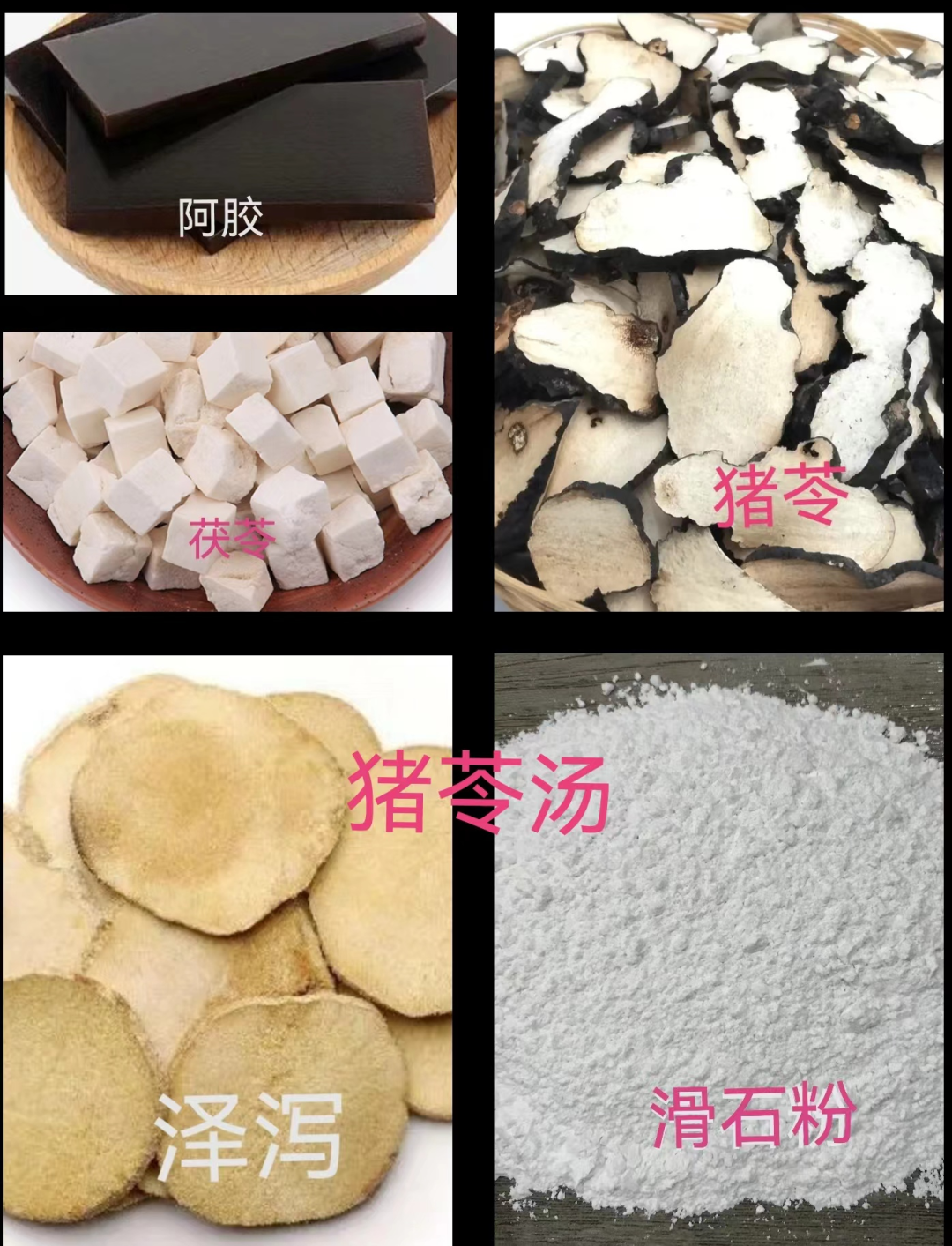
The above methods of medication are general principles; specific applications should be decided based on actual conditions, and one should not blindly copy and apply them.
If you have any questions, please consult, understand, and communicate.
Feel free to share, like, and save, so that more people can benefit.
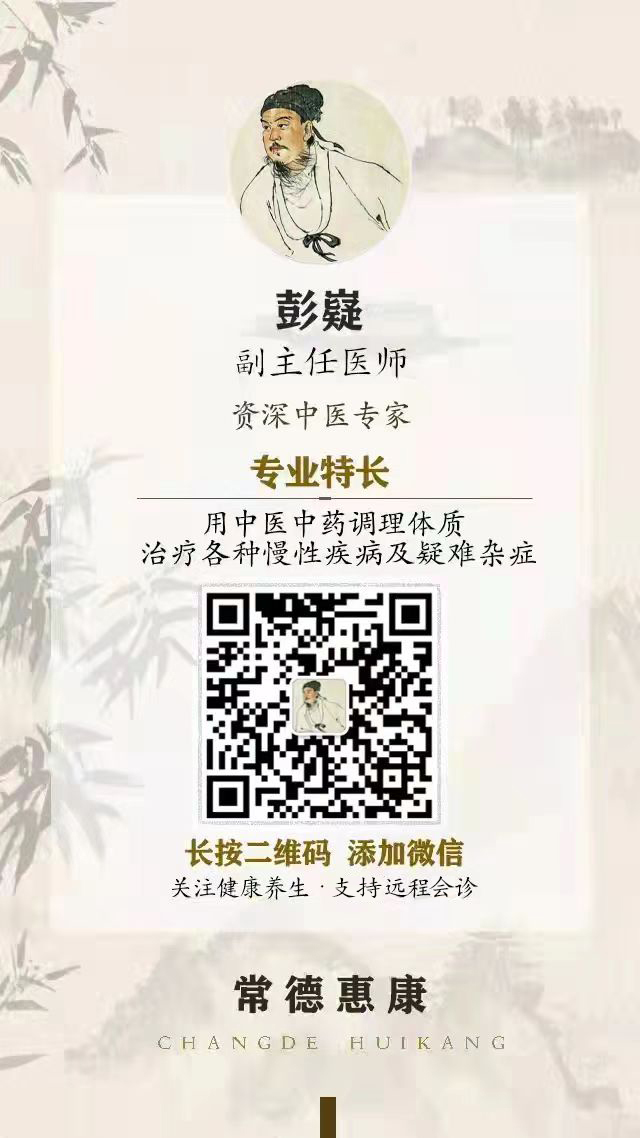
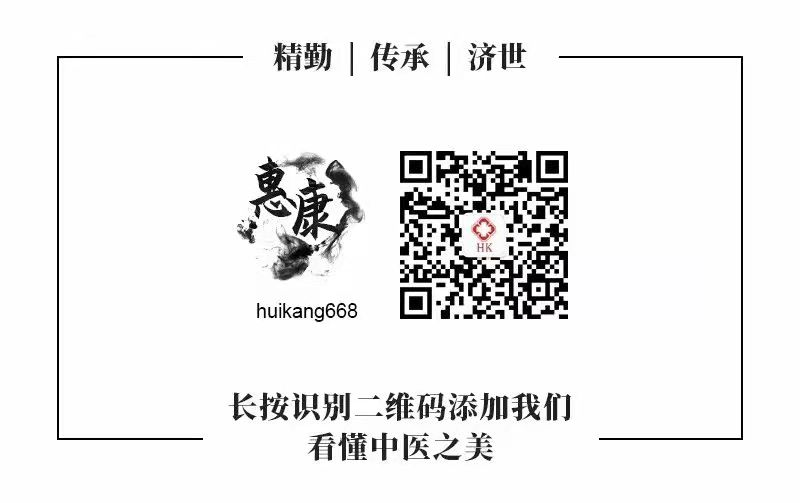
Past Highlights
1. Liver Qi Stagnation also has deficiency and excess; the treatment methods differ.
2. What are the differences between the powerful damp-eliminating formulas, Zhen Wu Tang (True Warrior Decoction) and Fu Zi Tang (Aconite Decoction)?
3. What issues should be noted when treating liver Qi stagnation?
4. Discomfort in the throat is often related to lung issues; lung regulation is necessary.
5. How should one regulate and treat damp-heat in the upper, middle, and lower jiao?
6. What causes a thick white tongue coating? How should it be regulated and treated?

